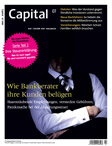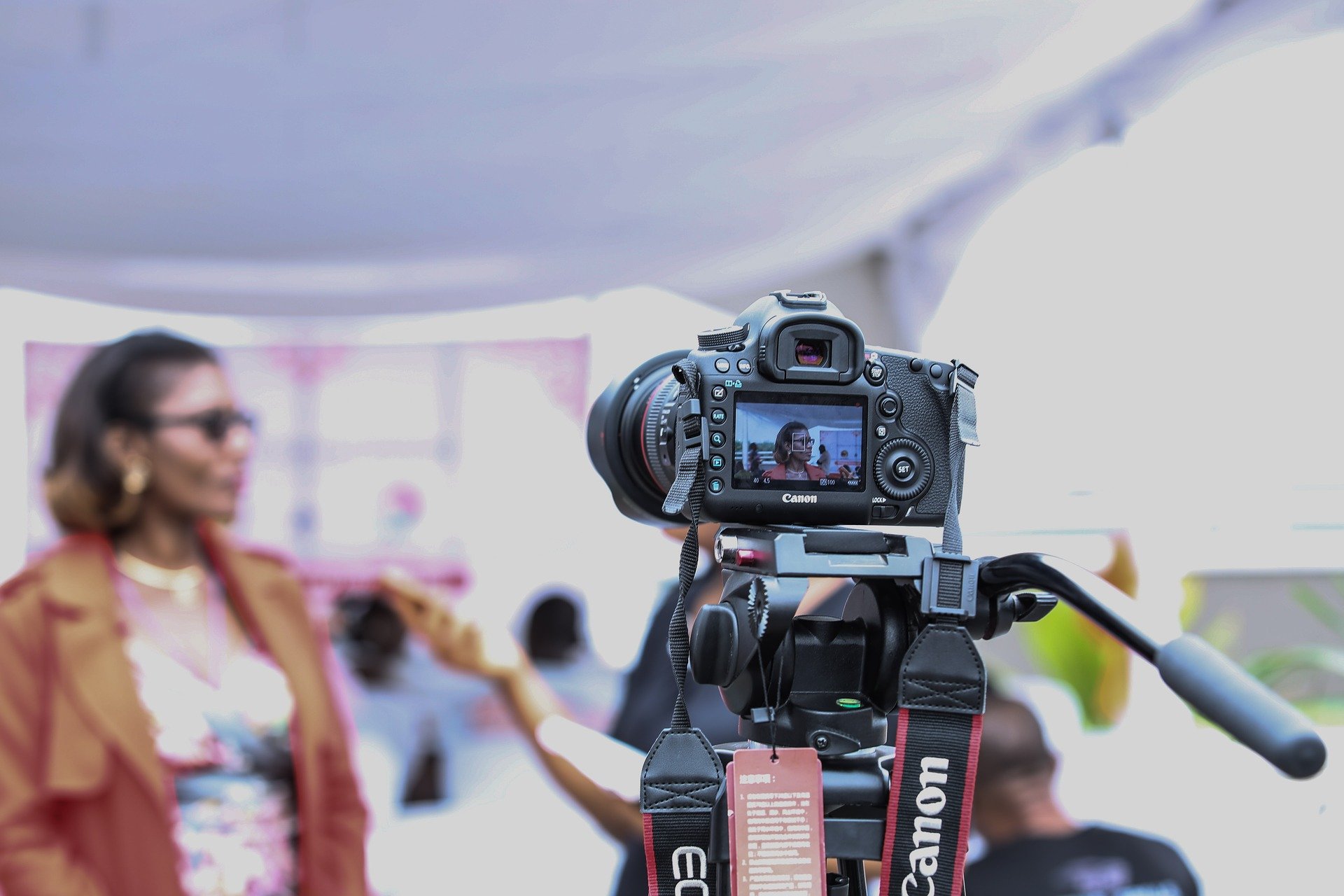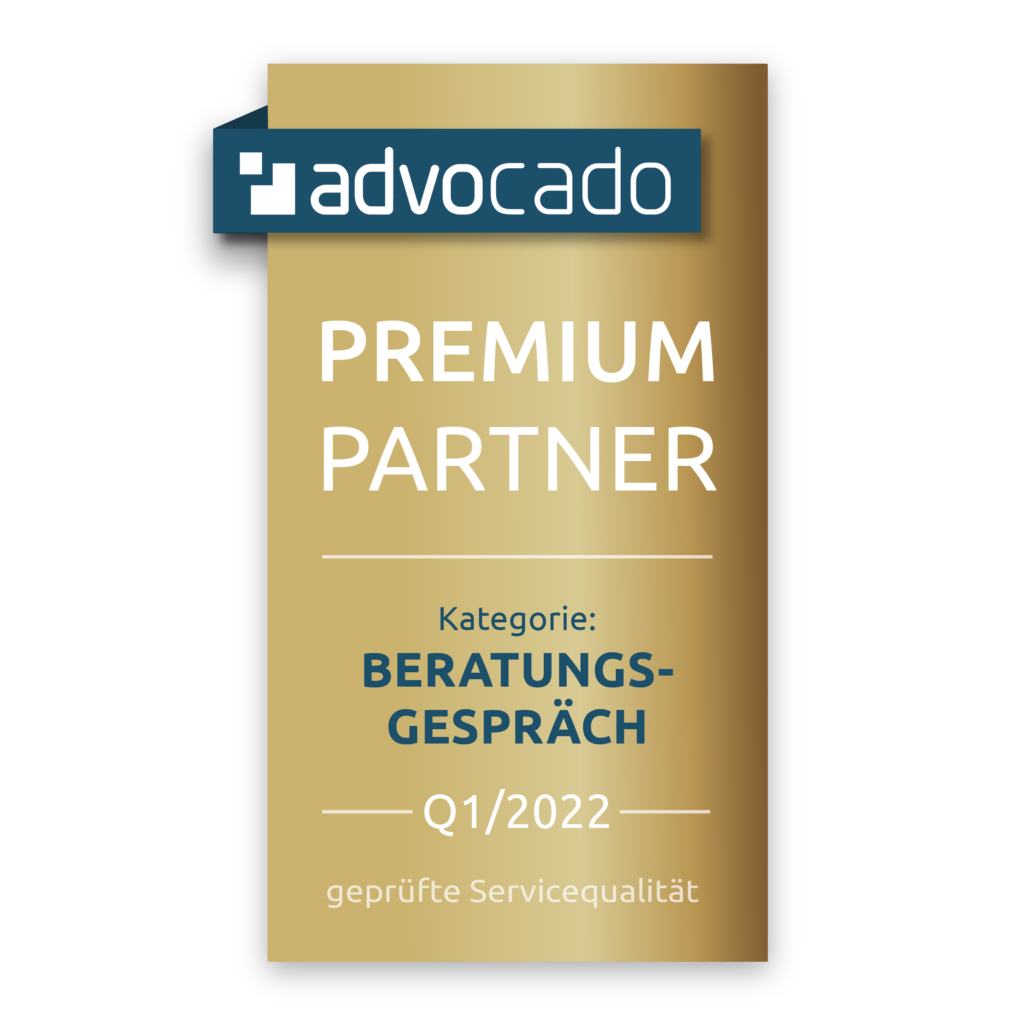A journey from Antiquity to the Present – Interviews with „The Lawyers of the World“ – a series of interviews by Josefine Schulte from Berlin, Germany
King Hammurabi I of Babylon revolutionised the Jurassic period in the 18th century B.C. with his legal writings „Codex Hammurabi“.

The legal reforms of Dracon and Solon around 620 B.C. in ancient Greece are considered milestones in antiquity. The effects of the 12 tablet law around 449 B.C. in ancient Rome served as a foundation of jurisprudence. The first definition of jurisprudence came from the Roman jurist Ulpian around 220 AD. At the end of the 14th century, legal education was established in Germany; until then, Roman law was considered exemplary. The changing times in jurisprudence – how do legal problems change, what is taught where and how? In which countries are the beginnings of secular legal education still to be found today?
ABOWI – Across Borders With Information – wants to know and asks in 197 countries of the world. Going on a journey and asking questions, searching for the answers, finding those, and publishing them. How does an interview successfully take place without borders and with the right knowledge transfer?
What types of questions are there in an interview?
A closed question allows only one possible answer, thus providing clear information. The disadvantage of a closed question is that it can bring the course of the interview to a standstill. Freedom for the interviewee is created by open questions.
Direct questions such as „What is your opinion about this?“ allow an open relationship to the topic and create trust. Indirect questions – „What do you think XYZ would say about this?“ – achieve a similar effect. The supported question, which contains possible answers, helps the interviewee and creates a Security in case of uncertainty. To generate a flow of speech, the unsupported question, which leaves numerous answer options open, is more suitable.
The suggestive question technique on the other hand is difficult for an open conversation. The answer is already anticipated or an answer is offered in the question, such as „Was it XYZ who made this suggestion? The rhetorical question technique serves in its formal structure, the statements are set in terms of content. Suggestive and rhetorical questions should be treated with caution; conversations tip over, fall silent, or may lead to escalation.
Steering questions are suitable for addressing new topics and aspects of content or for steering the conversation. To keep an interview going, maintenance questions are asked without touching a new aspect of the content. This is done in the narrative situation: „How was it for you?“ or „How did it go on from there?
„Brevity is the spice“ – Duration and length of the interview
Approximately 15 questions should be written down every half hour. This is a general guideline for an interview that is ultimately read. For expert interviews, it is recommended to allow for a longer time span. Sufficient time should be planned for the interview so that a discussion atmosphere is created for the interview partners to get into the flow of speech. If a conversation is very tough, it needs different question forms to get usable answers. The prepared and elaborated guideline serves as an aid to go through the conversation together. It is important to let the conversation partner tell you what he/she wants to hear. The guideline helps to „catch the interlocutor* again, even if he or she is too far away from the topic. To what extent may the answer be changed?
In this context, the topic of data protection arises. Both in the preparation and at the beginning of the interview, the consent and approval of the interview partner should be obtained for the recording and publication of the interview. It is recommended that a short privacy statement be prepared and signed. This will ensure that the rights of the interviewer are protected. What the interviewee says should be reproduced verbatim as far as possible. Exceptions are made for obvious mistakes or grammatical errors. These can be corrected. The interview may also be linguistically revised, for example, if colloquial language is translated into written language.
Important: Changes are the absolute exception. After all, the meaning of the spoken word should always remain the same.
„For the sake of simplicity, the masculine form is used throughout the text; the […] feminine form is of course included“.
V.i.S.d.P.:
Stud. iur. Josefine Antonia Schulte
josefine.schulte@dr-schulte.de
Extension: 030-221922040
Contact us:
Dr. Schulte Lawyer
Malteserstrasse 170
12277 Berlin
Phone: +49 30 22 19 220 20
fax. +49 30 22 19 220 21
Email: dr.schulte@dr-schulte.de
About ABOWI:
Across Borders With Information – ABOWI, a interview row of Josefine trained law student from Berlin in Germany. Questions and answers: A journey around the world, which uncovers differences and prejudices. What moves the lawyers of this world? Josefine Schulte asks herself from Azerbaijan to Cyprus.






